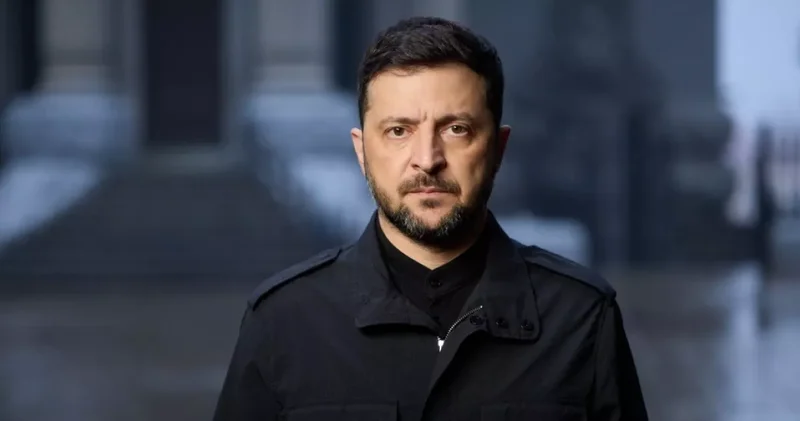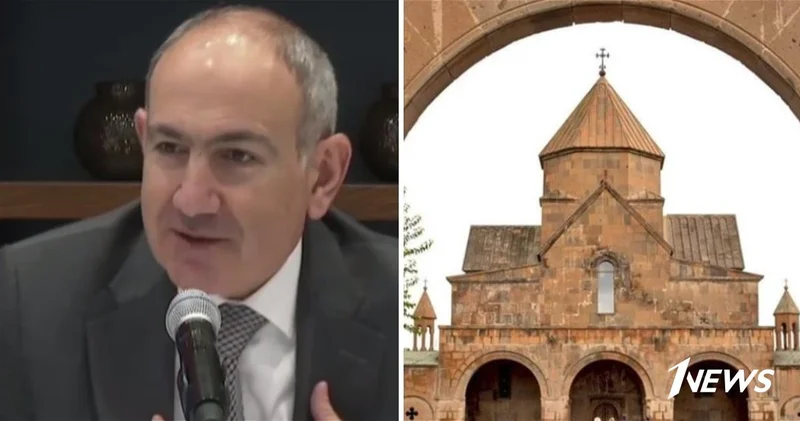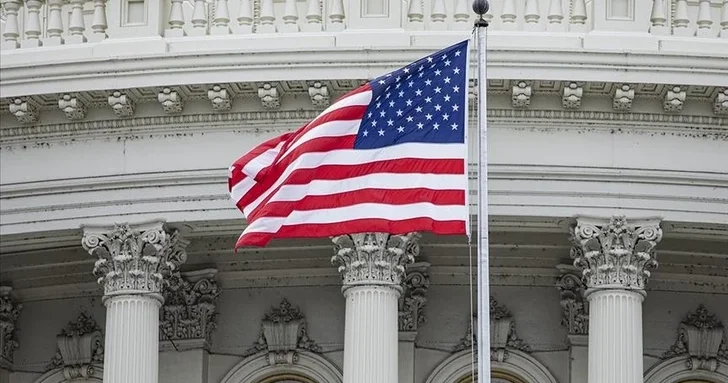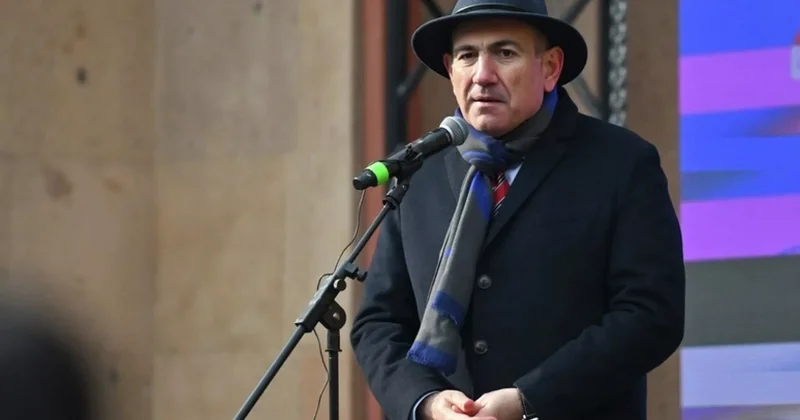IUCN plots to expand co op with Tajikistan on glacier and water resource monitoring Director General (Exclusive interview)
Как сообщает Icma.az, ссылаясь на сайт Trend.az.
BAKU, Azerbaijan, July 11. The International Union for Conservation of Nature (IUCN) plans to expand cooperation with Tajikistan in the field of glacier and water resource monitoring, Grethel Aguilar, Director General of IUCN, told Trend in an exclusive interview.
“Several opportunities are already on the horizon. We aim to deepen collaboration with Tajikistan in areas such as glacier and water resource monitoring, applying the IUCN Green List Standard to strengthen the quality of protected areas, and mapping Other Effective area-based Conservation Measures (OECMs),” she said.
Aguilar noted that IUCN is also exploring ways to integrate biodiversity conservation into broader land-use and development planning, especially through Nature-based Solutions and inclusive governance approaches. She said that community involvement, equity, and local knowledge will remain central to all these efforts.
“Tajikistan’s landscapes are home to iconic species like the Snow Leopard, Marco Polo Sheep, and Saker Falcon. We look forward to expanding cooperation on wildlife monitoring through the application of IUCN’s science-based approaches, including the Red List of Threatened Species, Green List of Protected Areas, and spatial planning tools,” she said
According to the director general, the union also hopes to strengthen capacity at the local and institutional levels for data collection, species management, and community-based conservation. These efforts will not only support national biodiversity targets but also contribute to transboundary conservation across the Pamirs and other shared ecosystems.
Aguilar emphasized that Tajikistan’s accession to the IUCN, which was announced on May 31, 2025, marks a powerful commitment to environmental leadership, not only within Central Asia but also on the global stage.
"By joining IUCN, Tajikistan becomes part of the world’s largest and most diverse environmental network, bringing together over 1,400 government, civil society, and Indigenous peoples’ organizations and 17,000 experts, offering a platform for knowledge exchange, science-based tools, and impactful partnerships," she said.
The director general pointed out that IUCN is proud and honored to have Tajikistan as a State Member, and that this partnership will translate into tangible action on the ground, working hand-in-hand with the government and people of Tajikistan to conserve nature as a source of prosperity, health, fertile soil, clean water, well-managed protected areas, species conservation, and much more.
"We look forward to listening to the voice of Tajikistan at the IUCN World Conservation Congress, where the country will help shape global nature policy and set the agenda for decades to come. At IUCN, we are convinced of Tajikistan’s strong voice in international environmental decision-making and look forward to building new opportunities to showcase and scale its conservation achievements," she said.
Aguilar further noted that Tajikistan is demonstrating strong leadership in glacier protection. According to her, the International Conference on Glaciers’ Preservation, held from May 29 to 31, 2025, in Dushanbe, is a clear signal of the country’s commitment to making glacier conservation and water resource management at the heart of regional and global cooperation.
"Tajikistan is also an active voice in initiatives such as Blue Peace Central Asia, and the country recognises that protecting glaciers and responsible water management are fundamental to food security, energy production, and community resilience in this region. The efforts made so far, from policy engagement to public awareness, are setting a strong foundation for the work ahead," she said.
According to her, accelerated glacier melting due to climate change leads to risks of floods, landslides, and water shortages not only in Tajikistan but also in many other countries. Aguilar emphasized that a key challenge is ensuring these impacts are monitored effectively and that adaptation strategies are science-informed and inclusive.
“This is where IUCN can offer real value. Through our global network, we will support Tajikistan with technical expertise, tools like the IUCN Red List of Ecosystems, the Green List of protected Areas, water management tools, and Nature-based Solutions for adaptation. Most importantly, we can help build partnerships across borders and sectors — to ensure that glacier conservation is integrated into national development plans in a sustainable, equitable way,” Aguilar said.
She noted that membership in IUCN gives Tajikistan access to a vast ecosystem of knowledge, from best practices in protected area management to data platforms, policy frameworks, and collaborative research opportunities.
“It also opens doors to strategic partnerships with other governments, NGOs, and academic institutions working on shared environmental goals. This will empower Tajikistan to strengthen its role in regional dialogues and global platforms, including the implementation of the Global Biodiversity Framework and the Sustainable Development Goals (SDGs). The country’s rich natural heritage deserves to be protected with the best tools available — and IUCN is proud to help make those tools more accessible,” Aguilar added.
She pointed out that Tajikistan is a partner in the One Health in Nature Conservation initiative supported by the German International Climate Initiative (ICI), and the country plays a key role in the Blue Peace Central Asia programme.
“As a Member of IUCN, Tajikistan gains access to a global platform that strengthens its eligibility for international funding and opens new doors to collaborate on high-impact conservation projects,” Aguilar said.
Grethel Aguilar added that IUCN is an official implementing agency of the Global Environment Facility (GEF) and an Accredited Entity of the Green Climate Fund, enabling it to help governments design, manage, and execute large-scale initiatives aligned with national priorities.
According to her, Tajikistan can now more effectively mobilize resources for projects in protected areas, water governance, ecosystem restoration, and climate adaptation, benefiting from IUCN’s expertise, networks, and direct access to major financing instruments like GEF and GBFF
“Tajikistan is now a full partner in IUCN’s mission, and we are excited to co-develop new initiatives that reflect the country’s unique strengths and environmental vision. We extend our sincere appreciation to the Government of Tajikistan for its trust, leadership, and commitment to advancing nature conservation at national, regional, and global levels,” Aguilar concluded.
Tajikistan has joined the IUCN as its 88th State Member, becoming the second country from Central Asia to do so after Uzbekistan joined in 2021. The IUCN is a unique union that includes both government bodies and civil society organizations among its members. The Union is a global authority on the state of the natural world and the measures needed for its conservation.
 Другие новости на эту тему:
Другие новости на эту тему: Просмотров:94
Просмотров:94 Эта новость заархивирована с источника 11 Июля 2025 09:21
Эта новость заархивирована с источника 11 Июля 2025 09:21 



 Войти
Войти
 Online Xəbərlər
Online Xəbərlər Новости
Новости Погода
Погода Магнитные бури
Магнитные бури Время намаза
Время намаза Калькулятор колорий
Калькулятор колорий Драгоценные металлы
Драгоценные металлы Конвертор валют
Конвертор валют Кредитный калькулятор
Кредитный калькулятор Курс криптовалют
Курс криптовалют Гороскоп
Гороскоп Вопрос - Ответ
Вопрос - Ответ Проверьте скорость интернета
Проверьте скорость интернета Радио Азербайджана
Радио Азербайджана Азербайджанское телевидение
Азербайджанское телевидение О нас
О нас



 TDSMedia © 2026 Все права защищены
TDSMedia © 2026 Все права защищены








 Самые читаемые
Самые читаемые



















